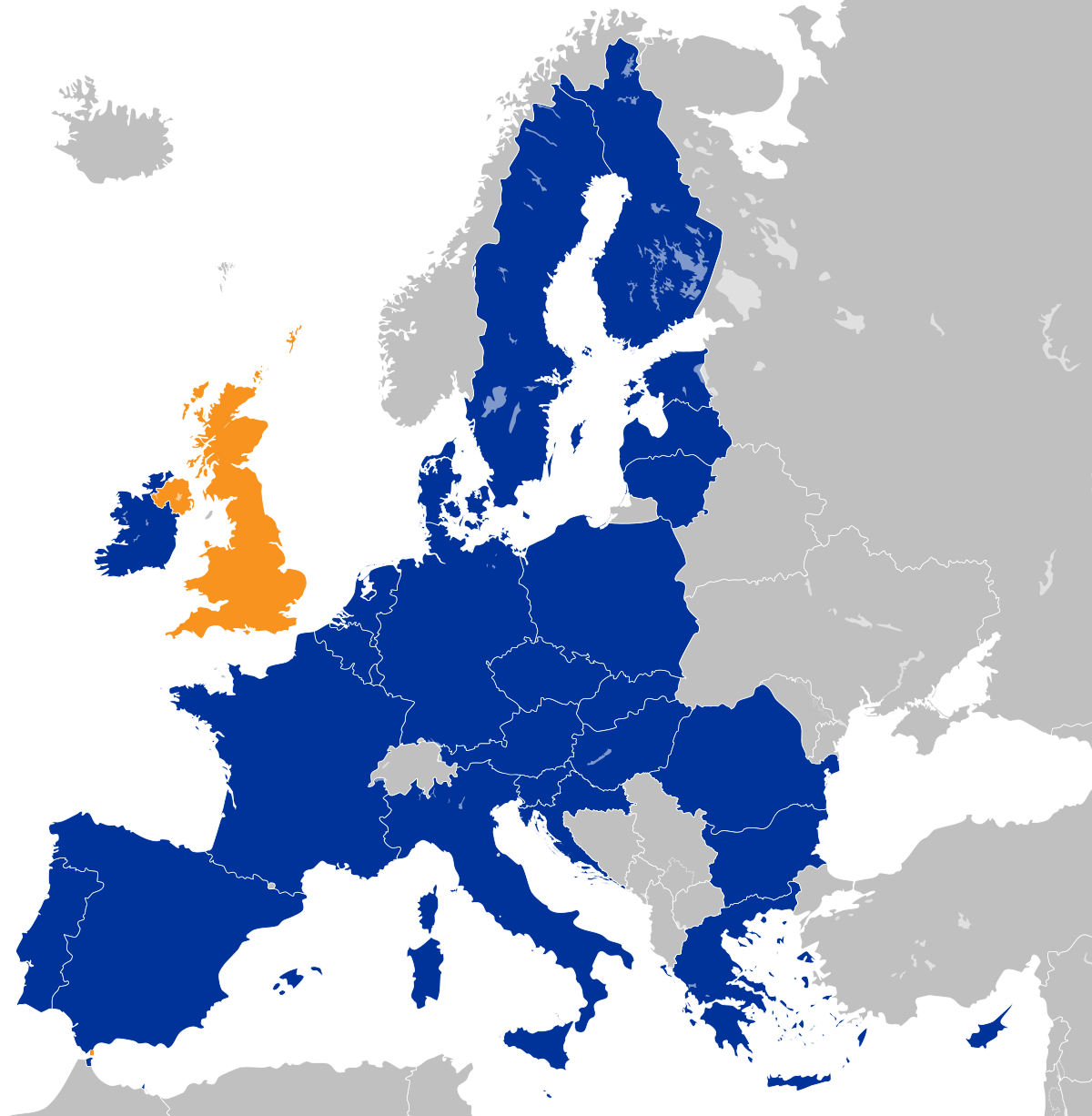From Europa.eu
Rules when travelling from a non-EU country
If you travel to the EU from a non-EU country,
you are not allowed to bring any meat or dairy products with you. You can however bring a limited quantity of fruit and vegetables as well as eggs, egg products and honey. Restricted quantities of fish or fish products are also allowed.
| Product | Amount per person | Additional restrictions |
|---|
| Eviscerated fresh fishery products, or prepared or processed fishery products | 20 kg or 1 fish (whichever weighs most) | |
| Fishery products from the Faroe Islands or Greenland | | |
| Goods, other than plants for planting and other than fishery products, coming from the Faroe Islands or Greenland | | Their combined quantity does not exceed the weight limit of 10 kg |
| Plants or plant products including cut flowers | | A phytosanitary (plant health) certificate is required attesting that the product is free from certain specific pests |
| Powdered infant milk, infant food and special foods required for medical reasons | No more than 2 kg |
- do not require refrigeration before opening
- are packaged proprietary brand products for direct sale to the final consumer
- that the packaging is unbroken unless in current use
|
| Pet food required for health-related reasons | No more than 2 kg |
- are intended for the pet accompanying the passenger
- are shelf-stable (do not require refrigeration)
- are packaged proprietary brand products for direct sale to the final consumer
- that the packaging is unbroken unless in current use
|
| Products other than those described above which do not contain meat or milk (e.g. honey) | 2kg | None |
Checks when entering the EU
When arriving in the EU you may have to undergo official controls by the authorities. If you are carrying any meat or dairy products, which you have not declared they will be confiscated and destroyed, you may also be fined or face criminal prosecution.
Other animal derived products and plants
You may carry animal derived products - when you are travelling in the EU. However, most EU countries have
strict rules on carrying
endangered animals or plants or products derived from them, and in some cases, you may need a permit. For example, you may only carry 125g of sturgeon caviar; you will need a permit if you can more than this amount.
To find out about a specific species, you should always check the
EU wildlife trade reference database. You can also contact the
CITES authority in your country to find out if the species you want to travel with needs a permit.
*******************
Seems petty to me for personal use. Also, I wonder if it is at all workable in the height of the season.
John



